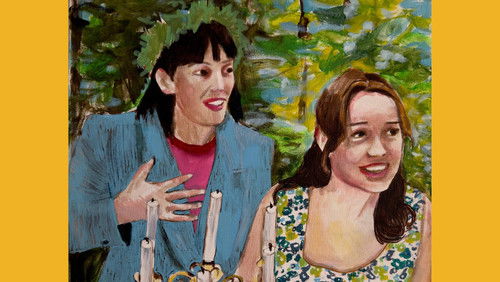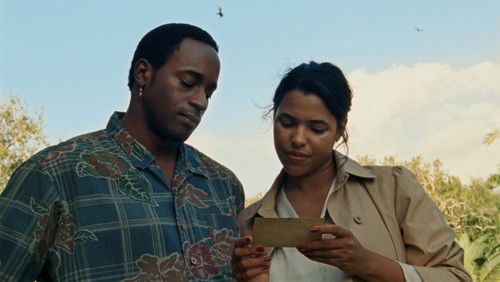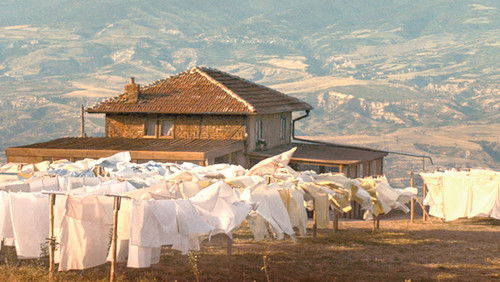Pieta (2012)
34KPieta: Directed by Kim Ki-duk. With Min-soo Jo, Lee Jung-Jin, Ki-Hong Woo, Eunjin Kang. A loan shark is forced to reconsider his violent lifestyle after the arrival of a mysterious woman claiming to be his long-lost mother.
“Directed by Kim Ki-duku003cbr/u003eu003cbr/u003ePieta is director Kim Ki-duku0026#39;s eighteenth movie. When this fact appeared on the screen, a spontaneous applause erupted. Hugely under-appreciated at home, Kim Ki-duk is well-known beyond the borders of his country South-Korea. He does not conform to any rules, doesnu0026#39;t avoid sensitive subjects, and shows the harshness of life without any scruples, political, humanistic and in a very physical confronting approach. It is true that his films are usually not an easy watch; they certainly do not conform to idea that film equals entertainment. The free thinking soul will see that Kim Ki-duku0026#39;s movies are not made to shock the audience just for the sake of it, but to show the thoughts of a brave artist, who exhibits a rare vulnerability and a frightening honesty in his approach to his subjects.u003cbr/u003eu003cbr/u003eActress Cho Min-soo who portrays the character Mi-son in the movie declares during the press conference: u0026quot;His films are eyes to reality.u0026quot; Apparently she and Lee Jung-Jin, who brilliantly plays main character Gang-Do, barely knew who Kim Ki-duk was when they were asked to play the parts. They tell the press that during the process of making the movie they learned to act in a completely different way.u003cbr/u003eu003cbr/u003eMade with a budget that is just a fraction of Korean film budgets these days, outsider Pieta entices the jury and the public, and makes a far more lasting impression than other more obvious candidates like u0026quot;To the Wonder,u0026quot;u0026quot;At any priceu0026quot; and u0026quot;Fill the void.u0026quot; Even though malicious rumors say that the jury wanted to award u0026quot;The Masteru0026quot; all the big prizes, Kimu0026#39;s film is rightfully the recipient of the Golden Lion. Accepting the prize, Kim thanked the actors, staff, film festival officials and Italian fans before bursting into a traditional Korean song.u003cbr/u003eu003cbr/u003eThe story of the film is about lone wolf, self-absorbed: masturbating, crazy moralless man who lends money to desperate workers of the industrial slum of Cheonggyecheon. He charges ten times the borrowed sum in interest. If his clients donu0026#39;t pay up, Gang-do cripples them, taking the insurance payments on their injuries to make up for the difference. His character is a metaphor for extreme capitalism. Kim commented: u0026quot;…but not the money itself, you can change the face of money. Money is the third character.u0026quot;u003cbr/u003eu003cbr/u003eThen a women shows up at his doorstep, claiming to be the mother who abandoned him as a baby. He tests her in some gruesome ways, before he acknowledges her presence and even begins to show signs of affection towards her. Mi-son also proves herself to him by being just as ruthless as him. They form a frightful but also strangely intriguing duo. The grim story finds some more breathing space for the audience towards the end, but a bitter aftertaste remains.u003cbr/u003eu003cbr/u003eWhat makes Kim Ki-duk an excellent storyteller is that most of the graphic cruelty is not shown, but actually takes place in the vieweru0026#39;s imagination. He is able to show real life images that can represent abstract ideas. He can make an audience relate to his characters even though they are immoral and almost heartless human beings, doing this with so much ease is remarkable. It is a rare quality to be able to find beauty in the most harsh places and to somehow convey this strange beauty to the screen. To make you believe in the story, without realizing it is perhaps an absurd one. And maybe most important: to make the viewer emotionally gripped, while talking about universal human issues, emotions and ideas even though there are cultural differences that separate audience and filmmaker. Kim Ki-duk: u0026quot;(Pieta is) an embrace to the whole of humanity. The movie is dedicated to humankind.u0026quot;”









